What treatment
10+ Highly Rated Stem Cell Treatment for Autism Clinics in South Korea
Reach Out to These Certified Stem Cell Treatment for Autism Clinics List in South Korea Loved by Patients!
Chaum Medical Center
Overview
Premium healthcare at Chaum Medical Center, Seoul. Personalized anti-aging, stem cell therapy, and advanced medical services for a youthful life.
Read more detailsYonsei BH Clinic
Overview
Yonsei BH Clinic offers advanced stem cell therapy in Seoul, South Korea, for erectile dysfunction, anti-aging, Parkinson disease, dementia, diabetes, and more.
Read more detailsAllheart plastic surgery
AllHeart Plastic Surgery in Gangnam specializes in advanced cosmetic procedures, offering expert care in a modern facility for natural and safe results.
Vega Stem Cell Clinic in Bangkok Thailand
Overview
Vega Clinic in Bangkok, Thailand, helps people feel better with special treatments. They use new ways to heal and make sure each person gets care made just for them.
Read more details
Discover your treatment options with a free, no-obligation quote!
Get your quote now!Dr. Ebenezer Abel Paul - Stem Cells in Malaysia
Overview
Explore Stem Cells in Malaysia with Dr. Ebenezer Abel Paul, offering cutting-edge regenerative therapies and advanced stem cell treatments.
Read more details
Dr. Pravin Patel's Innovative Hospital & Research Center
Overview
Dr. Pravin Patel's Innovative Hospital provides best stem cell treatment in Gujarat, India. Also offers Ozone therapy, Quantum therapy , EBOO therapy, Frequency & Laser Therapy at affordable cost.
Read more details
FirstCell Malaysia
Overview
FirstCell specialize on cell-based medicine and treatments especially via MSC and NKC to enhance wellness and for targeted treatment modules. We are committed in delivering excellent treatment.
Read more details
Live Stem Cell Asia - Premier Stem Cell Clinic in Malaysia
Overview
Discover advanced stem cell Malaysia treatments at Live Stem Cell Asia, Petaling Jaya. Experience personalized care and innovative regenerative solutions.
Read more details
Discover your treatment options with a free, no-obligation quote!
Get your quote now!StemRx Hospital and Research Centre
Overview
At StemRx Hospital & Research Centre, We specialize in advanced Regenerative Medicine & Stem Cell therapy for Autism, Cerebral Palsy, Orthopedics, Migraine, AVN & IVF providing personalized care.
Read more details
Klinik Setia Gemilang
Overview
Klinik Setia Gemilang: Leading in stem cell therapy, orthopedic treatments, and anti -ageing solutions Malaysia . It is part of Setia Gemilang Medicare which houses a clinic and dentist
Read more detailsBeike Biotech
Overview
Beike Biotechnology offers the best stem cell therapy in Thailand, combining top-quality regenerative treatment with cutting-edge technology for optimal patient care.
Read more detailsBoston Health Longevity - Anti Aging Stem Cell Therapy in Thailand
Overview
Experience advanced Anti Aging Stem Cell Therapy in Thailand at Boston Health Longevity. Improve cellular health, vitality, and longevity with expert care.
Read more detailsHebei Yanda International Hospital
Overview
Hebei Yanda International Hospital in Beijing, China, addresses your healthcare needs with expert oncology, cardiology, and neurology treatments.
Read more detailsMerkel Clinic
Overview
Merkel Clinic is a leading stem cell therapy center, specializing in innovative treatments for various medical conditions using cutting-edge regenerative medicine techniques.
Read more detailsMousai Wellness Center - Stem Cell Bangkok Thailand
Overview
Discover advanced Stem Cell treatments in Bangkok, Thailand at Mousai Wellness Center. Safe, innovative, and personalized care for lasting wellness.
Read more detailsNulook Anti-Aging & Regenerative Center
Overview
Nulook Anti-Aging & Regenerative Center in Bali, Indonesia offers Botox, Ultherapy, Dermal Fillers, Thermage, PRP, Pico Laser and more.
Read more detailsReeLabs Stem Cells in Mumbai, India
Overview
ReeLabs provides advanced Stem Cell Mumbai services, including stem cell banking and therapy for safe preservation and future medical use.
Read more detailsSCF Clinic - Stem Cell Bangkok Thailand
Overview
Experience advanced Stem Cell Bangkok Thailand at SCF Clinic. We offer CAR-T, NK Cell therapy, Exosomes, Multi-Cancer Early Detection & Anti-Aging programs.
Read more detailsStay Well Clinic & Physio
Overview
Discover advanced Stem Cell and NK Cell therapies at Stay Well Clinic & Physio in Phuket, Thailand. Experience cutting-edge treatments for optimal health.
Read more detailsSurecell Medical Clinic
Overview
Experience the Best Stem Cell Therapy in Pattaya, Thailand at Surecell Clinic. Transform your health with our state-of-the-art regenerative treatments.
Read more detailsWhich are the best clinics for Stem Cell Treatment for Autism in Seoul, South Korea?
For Stem Cell Treatment for Autism in Seoul, South Korea, two highly regarded clinics highlighted for their expertise in regenerative medicine and patient care are Chaum Medical Center and Yonsei BH Clinic. Both facilities are known for offering advanced therapies in a state-of-the-art medical environment, catering to international patients seeking specialized care for autism spectrum disorder (ASD). They focus on personalized treatment plans tailored to individual patient needs and symptoms.
When considering options for specialized care like Stem Cell Treatment for Autism in Seoul, South Korea, prospective patients often prioritize clinics with established reputations in regenerative medicine. Chaum Medical Center is recognized for its comprehensive anti-aging and stem cell therapies, extending its expertise to neurological conditions including ASD, while Yonsei BH Clinic also offers advanced stem cell treatments for various neurological disorders. These clinics are equipped with modern technology and have medical teams experienced in administering innovative therapies for autism spectrum disorder. They prioritize patient safety and aim to provide a supportive environment for families. It's always recommended to conduct thorough research, review patient testimonials, and consult directly with these clinics to ensure their programs align with the specific needs of the individual receiving treatment.
What types of stem cells are typically used for autism therapy in South Korean clinics?
South Korean clinics specializing in Stem Cell Treatment for Autism primarily utilize mesenchymal stem cells (MSCs) for their therapeutic interventions. These cells are valued for their immunomodulatory and regenerative properties, which are believed to help reduce neuroinflammation and promote neural repair in individuals with autism spectrum disorder (ASD).
MSCs can be derived from various sources, including umbilical cord blood, adipose tissue (fat), and bone marrow. Clinics in South Korea often favor umbilical cord-derived MSCs (UC-MSCs) due to their abundant supply, lower immunogenicity, and potent regenerative capabilities. These cells are typically administered intravenously or intrathecally, aiming to reach the central nervous system to exert their beneficial effects. The goal of using MSCs in autism therapy is to modulate immune responses, reduce inflammation in the brain, improve cerebral blood flow, and potentially support neurodevelopment and synaptic function, contributing to improvements in communication, social interaction, and repetitive behaviors associated with ASD.
What should I consider when choosing a Stem Cell Therapy clinic for Autism in South Korea?
When selecting a Stem Cell Therapy clinic for Autism in South Korea, prioritize clinics with proper national accreditations, a transparent clinical trial history, and extensive experience specifically with autism spectrum disorder (ASD). Ensure they have an expert medical team specializing in regenerative medicine and pediatric neurology, and inquire about their patient outcomes and comprehensive support services.
Choosing the right clinic is a crucial decision. Look for institutions like Chaum Medical Center or Yonsei BH Clinic, which are recognized for their advanced medical technologies and commitment to research. Key considerations include:
- Accreditation and Regulatory Compliance: Confirm the clinic adheres to South Korean health regulations and international standards for stem cell therapies.
- Physician Expertise: Verify the qualifications and experience of the doctors, ensuring they are specialists in both stem cell therapy and neurological disorders like autism.
- Treatment Protocols: Understand the specific types of stem cells used, their source, administration methods, and the science supporting their approach for autism.
- Facility Standards: Evaluate the clinic's infrastructure, hygiene, and technological capabilities, ensuring a safe and advanced treatment environment.
- Patient-Centered Care: Look for personalized care plans, comprehensive pre- and post-treatment support, and clear communication channels, especially for international patients.
What is the typical process for Stem Cell Treatment for Autism at South Korean clinics?
The typical process for Stem Cell Treatment for Autism in South Korean clinics begins with a comprehensive patient evaluation, followed by personalized treatment planning. The actual therapy involves preparing and administering stem cells, usually through intravenous infusions or intrathecal injections, and concludes with a structured post-treatment follow-up and rehabilitation plan.
Clinics such as Chaum Medical Center and Yonsei BH Clinic follow a multi-stage approach to ensure optimal patient care:
- Initial Consultation and Evaluation: This involves a detailed medical history review, physical examination, neurological assessments, and potentially genetic testing or advanced imaging (e.g., MRI, PET scans) to determine the patient's specific condition and suitability for treatment.
- Stem Cell Preparation: If autologous (patient's own) cells are used, they are harvested from bone marrow or adipose tissue. If allogeneic (donor) cells are used, typically umbilical cord-derived mesenchymal stem cells (UC-MSCs) are prepared in a certified laboratory.
- Stem Cell Administration: The prepared stem cells are then carefully administered, most commonly via intravenous drip or intrathecal injection (into the spinal fluid), allowing them to reach the brain and exert their regenerative and immunomodulatory effects.
- Monitoring and Post-Treatment Care: Patients are closely monitored for any immediate reactions. Post-treatment care often includes medication, supportive therapies (like occupational therapy, speech therapy), and scheduled follow-up visits to track progress and adjust rehabilitation plans.
Are South Korean clinics for autism stem cell therapy internationally accredited?
Many leading South Korean clinics offering autism stem cell therapy, including prominent facilities like Chaum Medical Center, do hold international accreditations such as Joint Commission International (JCI). These accreditations signify a commitment to global standards in patient safety and quality of care, which is crucial for international patients seeking treatment for autism spectrum disorder (ASD).
International accreditation serves as a vital benchmark for medical quality and patient safety, especially for complex and evolving treatments like stem cell therapy for autism. For clinics in South Korea, achieving and maintaining JCI accreditation requires adherence to rigorous standards across various aspects of healthcare delivery, including patient care, infection control, facility management, and staff qualifications. This provides an additional layer of assurance for medical tourists. While not all clinics may hold such extensive accreditations, reputable centers ensure compliance with strict national regulatory guidelines overseen by the Ministry of Health and Welfare. When considering a clinic, always verify its specific accreditations and regulatory approvals to ensure confidence in the care provided.
What post-treatment support do clinics in South Korea offer for autism stem cell therapy?
South Korean clinics offering autism stem cell therapy provide comprehensive post-treatment support tailored to maximize therapeutic benefits. This often includes personalized rehabilitation programs such as occupational therapy, speech therapy, and behavioral interventions, along with regular follow-up consultations to monitor progress and adjust care plans as needed for patients with autism spectrum disorder (ASD).
Effective post-treatment care is crucial for individuals undergoing stem cell therapy for autism spectrum disorder. Clinics in South Korea focus on a holistic approach that extends beyond the initial stem cell administration. Patients can expect:
- Personalized Rehabilitation: Development of individualized therapy plans integrating speech, occupational, physical, and behavioral therapies, often managed by a multidisciplinary team.
- Regular Follow-up Appointments: Scheduled virtual or in-person check-ups to assess changes in symptoms, developmental milestones, and overall well-being.
- Medication Management: Guidance on any necessary pharmaceutical interventions to support neurological function or manage co-occurring conditions.
- Nutritional Counseling: Recommendations for dietary adjustments that may complement the regenerative effects of stem cell therapy.
- Family Support and Education: Resources and counseling for families to understand and support the patient's ongoing progress and adapt strategies at home.
How do South Korean clinics ensure safety in Stem Cell Treatment for Autism?
South Korean clinics prioritize patient safety in Stem Cell Treatment for Autism through strict adherence to national health regulations and international medical standards. They employ rigorous screening processes for stem cell sources, maintain advanced sterile laboratory environments, utilize precise administration techniques, and provide continuous monitoring during and after the procedure for individuals with autism spectrum disorder (ASD).
Ensuring patient safety is paramount for any medical procedure, especially one as advanced as stem cell therapy. Reputable clinics in South Korea, such as Chaum Medical Center and Yonsei BH Clinic, implement several measures:
- Regulatory Compliance: Strict adherence to the guidelines set by the Korean Ministry of Health and Welfare for stem cell research and clinical applications.
- Source Verification: Thorough screening and testing of all stem cell sources (autologous or allogeneic) to ensure freedom from infectious agents and genetic abnormalities.
- Sterile Processing: Stem cell processing and preparation are conducted in state-of-the-art Good Manufacturing Practice (GMP)-certified laboratories to prevent contamination.
- Qualified Personnel: Procedures are performed by highly trained and experienced medical professionals, including neurologists and regenerative medicine specialists.
- Patient Monitoring: Continuous vital sign monitoring during cell administration and close observation in the post-procedure recovery phase to detect and manage any adverse reactions promptly.
- Ethical Review Boards: Many clinics operate under the oversight of institutional review boards (IRBs) to ensure ethical conduct of therapies.
What are the eligibility criteria for autism stem cell treatment at clinics in South Korea?
Eligibility for autism stem cell treatment at South Korean clinics typically involves a confirmed diagnosis of autism spectrum disorder (ASD) and a thorough medical evaluation to ensure overall health. Specific criteria may vary by clinic but often include age considerations, absence of severe co-morbid conditions, and a detailed review of medical history and previous treatments.
Clinics in South Korea assess each patient individually to determine if they are suitable candidates for stem cell therapy for autism. Common eligibility criteria include:
- Confirmed ASD Diagnosis: Patients must have an official diagnosis of autism spectrum disorder from a qualified developmental specialist.
- Age Range: While there isn't a universal age limit, clinics often have specific age ranges they prefer to treat, generally focusing on children and young adults where neural plasticity is higher.
- General Health Status: Candidates should be in good overall health, free from significant acute or chronic illnesses that could complicate the procedure or recovery. This includes screening for autoimmune diseases, severe infections, or organ dysfunction.
- Medical History Review: A comprehensive review of the patient's medical records, including developmental history, past treatments, and responses to conventional therapies.
- Specific Neurological Assessments: Additional neurological and psychological evaluations may be conducted to determine the patient's current functional levels and set realistic expectations for potential outcomes.
Can I expect language support at Stem Cell Treatment for Autism clinics in South Korea?
Yes, most reputable Stem Cell Treatment for Autism clinics in South Korea, especially those catering to international patients, offer comprehensive language support services. This typically includes English-speaking staff, professional medical interpreters, and dedicated international patient coordinators to ensure clear communication and a smooth experience for families from diverse linguistic backgrounds.
For medical tourists seeking specialized care like autism stem cell therapy, effective communication is paramount. Clinics such as Chaum Medical Center and Yonsei BH Clinic understand this need and provide robust language assistance:
- English-Speaking Staff: Many doctors, nurses, and administrative personnel at these international-friendly clinics are proficient in English.
- Professional Interpreters: Access to certified medical interpreters for various languages, including Arabic, Russian, Chinese, and others, is usually available for detailed consultations and during procedures.
- International Patient Departments: Dedicated departments or coordinators assist international families with appointment scheduling, travel logistics, accommodation, and cultural adjustments, bridging any potential communication gaps.
- Multilingual Patient Materials: Informational brochures, consent forms, and aftercare instructions are often provided in multiple languages to ensure full understanding.
What specialized facilities are available at top autism stem cell clinics in South Korea?
Top autism stem cell clinics in South Korea, such as Chaum Medical Center and Yonsei BH Clinic, offer state-of-the-art specialized facilities. These include advanced diagnostic imaging (MRI, PET-CT), sterile GMP-certified laboratories for stem cell processing, dedicated rehabilitation centers with various therapeutic modalities, and comfortable, patient-friendly environments designed to cater to the unique needs of individuals with autism spectrum disorder (ASD).
These leading clinics are equipped with cutting-edge infrastructure to support comprehensive autism stem cell treatment:
- Advanced Diagnostic Suites: Featuring high-resolution MRI, PET-CT, and EEG machines to accurately assess neurological function and brain abnormalities related to autism.
- GMP-Certified Stem Cell Laboratories: On-site or affiliated laboratories that adhere to Good Manufacturing Practice standards for safe and effective processing, expansion, and storage of stem cells.
- Specialized Therapy Rooms: Dedicated spaces for various supportive therapies, including sensory integration therapy, speech and language therapy, occupational therapy, and behavioral therapy, crucial for holistic autism care.
- Neuro-rehabilitation Centers: Facilities equipped with innovative tools and technologies for cognitive and motor skill development, often including virtual reality setups and specialized equipment for children with ASD.
- Comfort-Oriented Environments: Patient rooms and common areas are designed to be calming and sensory-friendly to minimize stress and discomfort for individuals with autism.
- Integrated Medical Records Systems: Digital systems for seamless coordination among multidisciplinary teams involved in the patient's care.
How do South Korean clinics monitor long-term progress after autism stem cell therapy?
South Korean clinics meticulously monitor long-term progress after autism stem cell therapy through scheduled follow-up visits, comprehensive neurological and behavioral assessments, and ongoing communication with families. They use standardized tools and scales to track improvements in communication, social interaction, and adaptive behaviors, ensuring tailored support for sustained patient well-being and development.
Long-term monitoring is a critical component of autism stem cell therapy programs at leading South Korean clinics like Chaum Medical Center and Yonsei BH Clinic. Their approach includes:
- Structured Follow-up Schedule: Patients are provided with a clear schedule for follow-up appointments, typically at 3, 6, and 12-month intervals post-treatment, extending over several years as needed.
- Standardized Assessment Tools: Utilization of globally recognized diagnostic and developmental scales (e.g., ADOS, ADI-R, CARS, Vineland Adaptive Behavior Scales) to objectively measure changes in autism symptoms and functional abilities.
- Neurological Re-evaluations: Periodic repetition of brain imaging (MRI, EEG) and neurological examinations to assess any underlying physiological changes.
- Behavioral Observation and Parental Reports: Active engagement with parents/caregivers to gather qualitative data on daily behavior changes, skill acquisition, and overall quality of life improvements at home and school.
- Telemedicine Consultations: For international patients, follow-up consultations can often be conducted remotely via video calls, ensuring continuity of care regardless of geographical distance.
- Ongoing Therapy Adjustments: Based on monitoring results, rehabilitation plans (e.g., speech, occupational, behavioral therapy) are adjusted to support continued progress effectively.
What complementary therapies are offered alongside stem cell treatment for autism in South Korea?
South Korean clinics integrate various complementary therapies alongside stem cell treatment for autism to enhance patient outcomes. These often include intensive behavioral therapy (ABA), speech and language therapy, occupational therapy, sensory integration therapy, and nutritional counseling, all tailored to address the multifaceted symptoms of autism spectrum disorder (ASD) and support overall development.
To maximize the potential benefits of stem cell therapy for autism, clinics in South Korea adopt a multidisciplinary approach, combining regenerative medicine with established supportive therapies:
- Applied Behavior Analysis (ABA): A highly structured, evidence-based therapy that focuses on improving specific behaviors, communication, and learning skills.
- Speech and Language Therapy: Essential for developing verbal and non-verbal communication abilities, including expressive and receptive language skills, social communication, and articulation.
- Occupational Therapy: Helps individuals with ASD improve fine motor skills, sensory processing, self-care routines, and adaptive behaviors for daily living.
- Sensory Integration Therapy: Addresses sensory processing issues common in autism by providing structured sensory experiences to help individuals regulate their responses to stimuli.
- Physical Therapy: Focuses on improving gross motor skills, coordination, balance, and posture, which can sometimes be affected in individuals with ASD.
- Nutritional Counseling: Guidance on dietary modifications and supplementation to address gut health issues, nutrient deficiencies, and inflammation, which may impact ASD symptoms.
- Music and Art Therapy: Creative therapies used to promote emotional expression, social interaction, and cognitive development in a non-verbal manner.












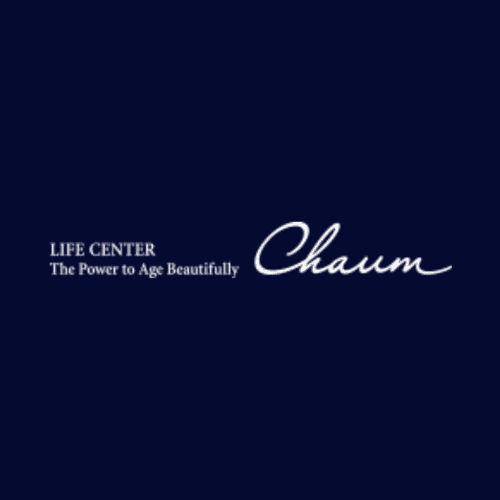
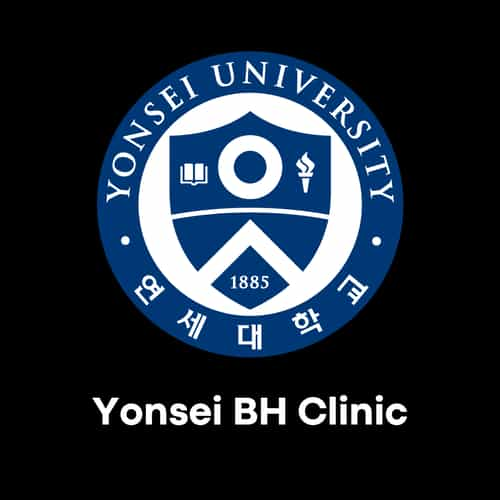
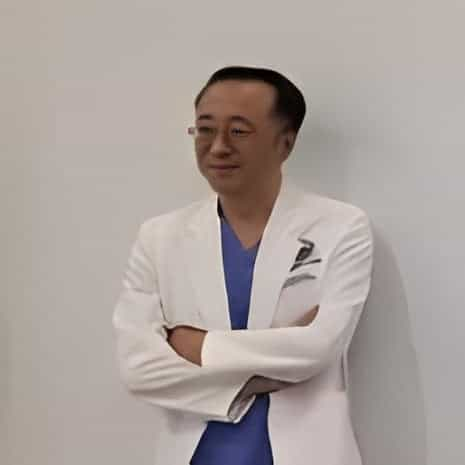
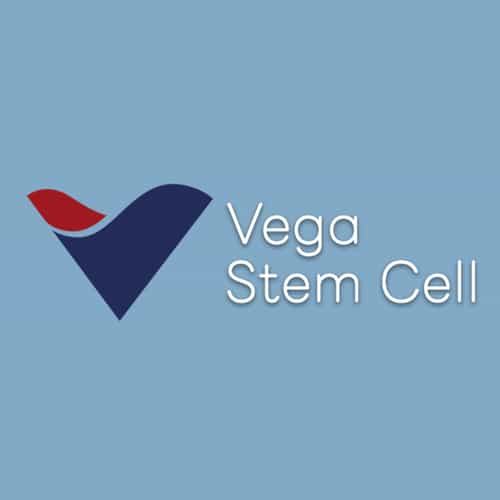
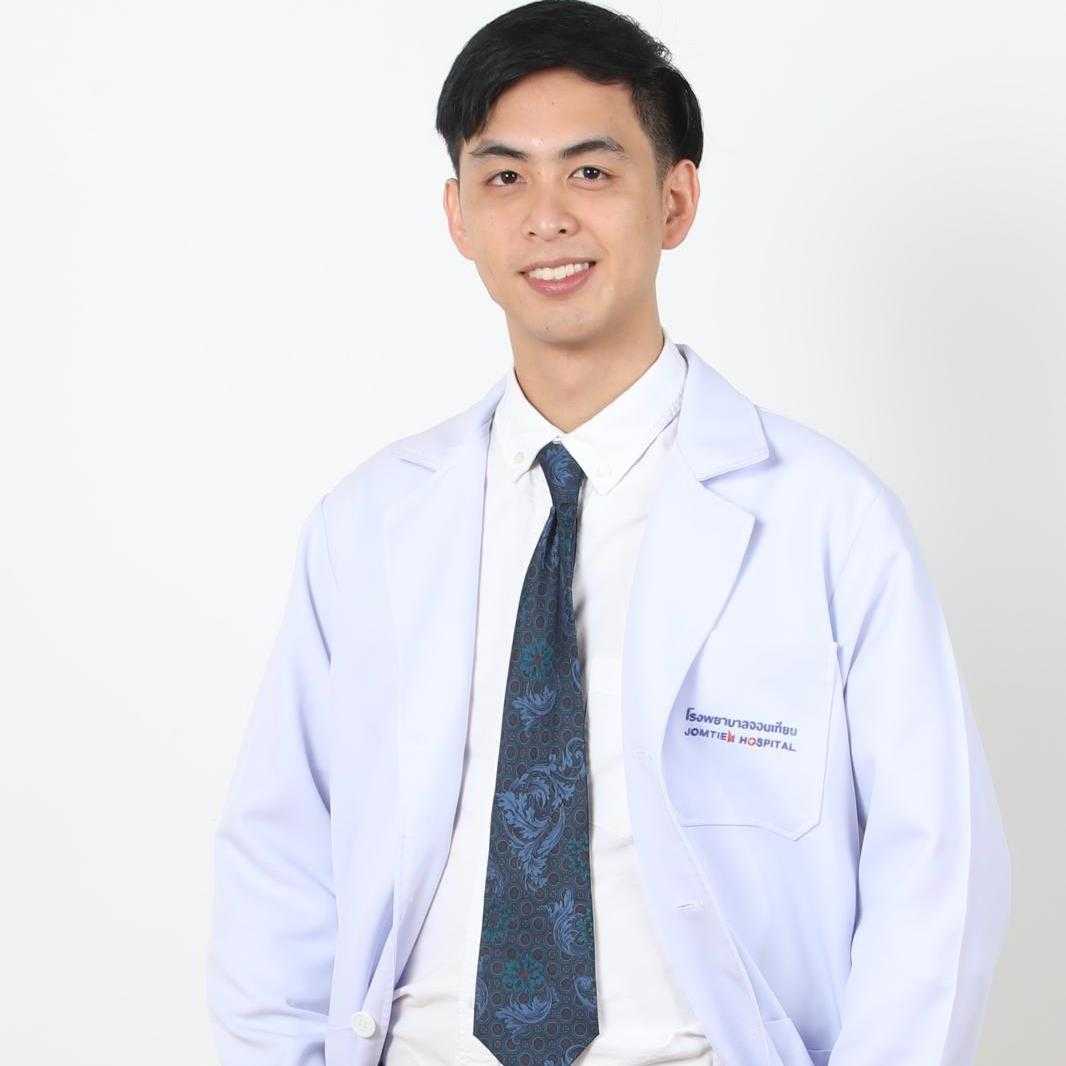
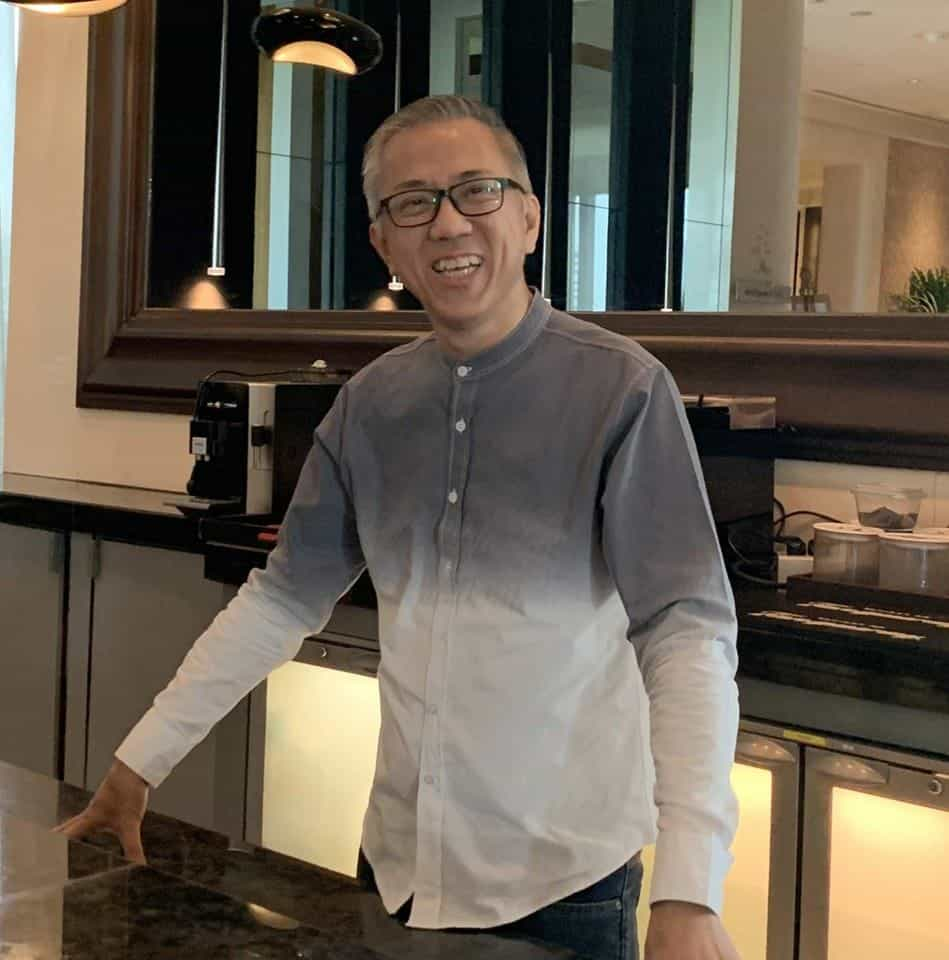
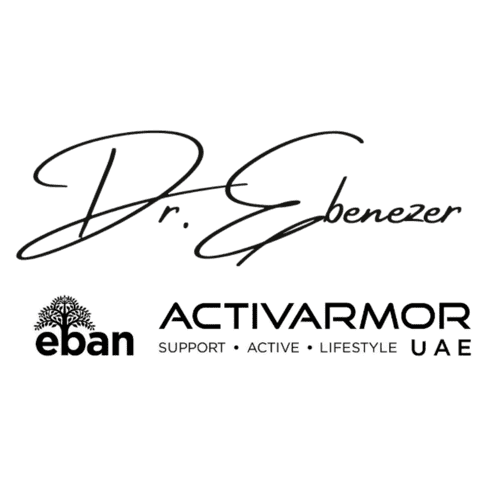
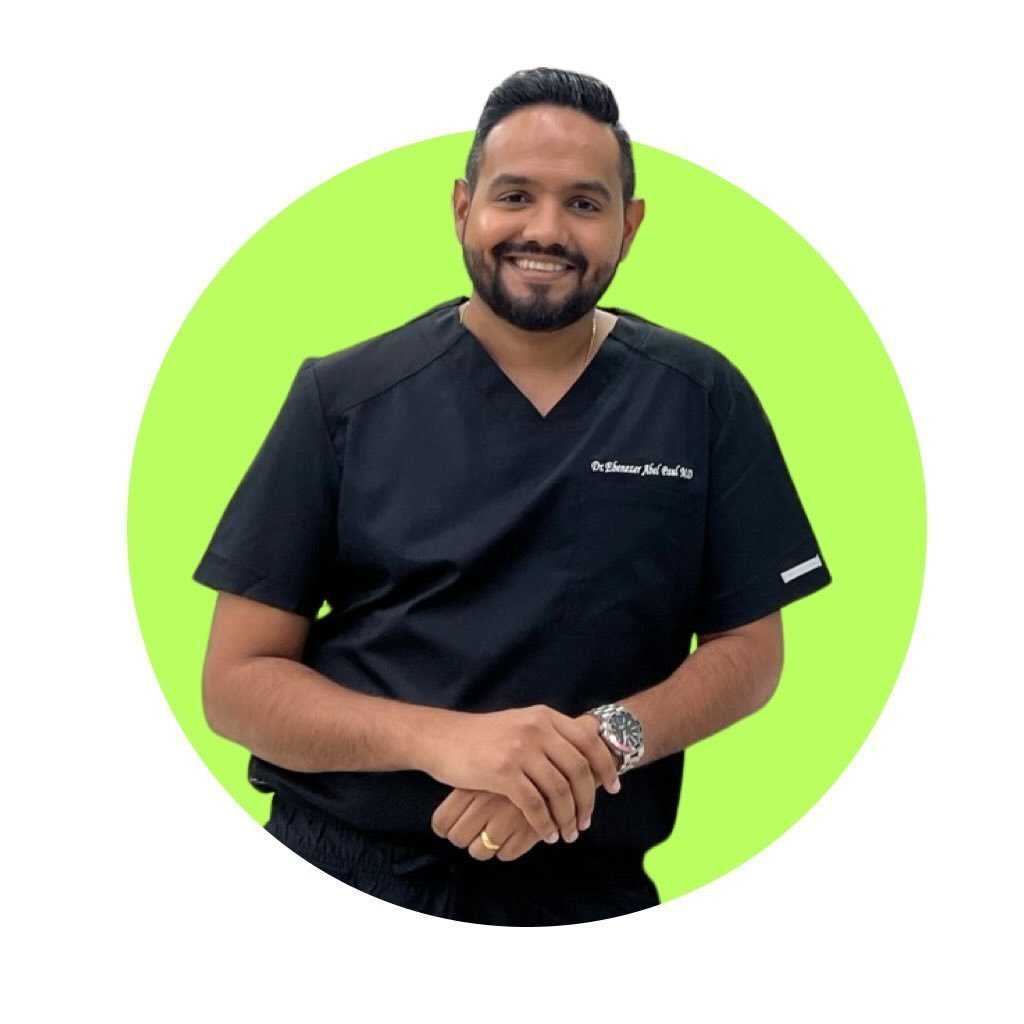
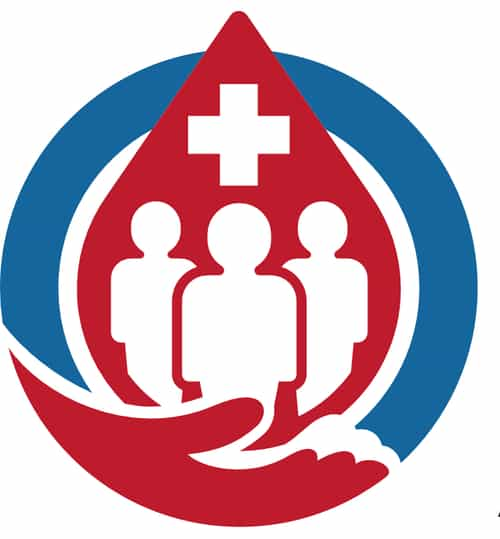
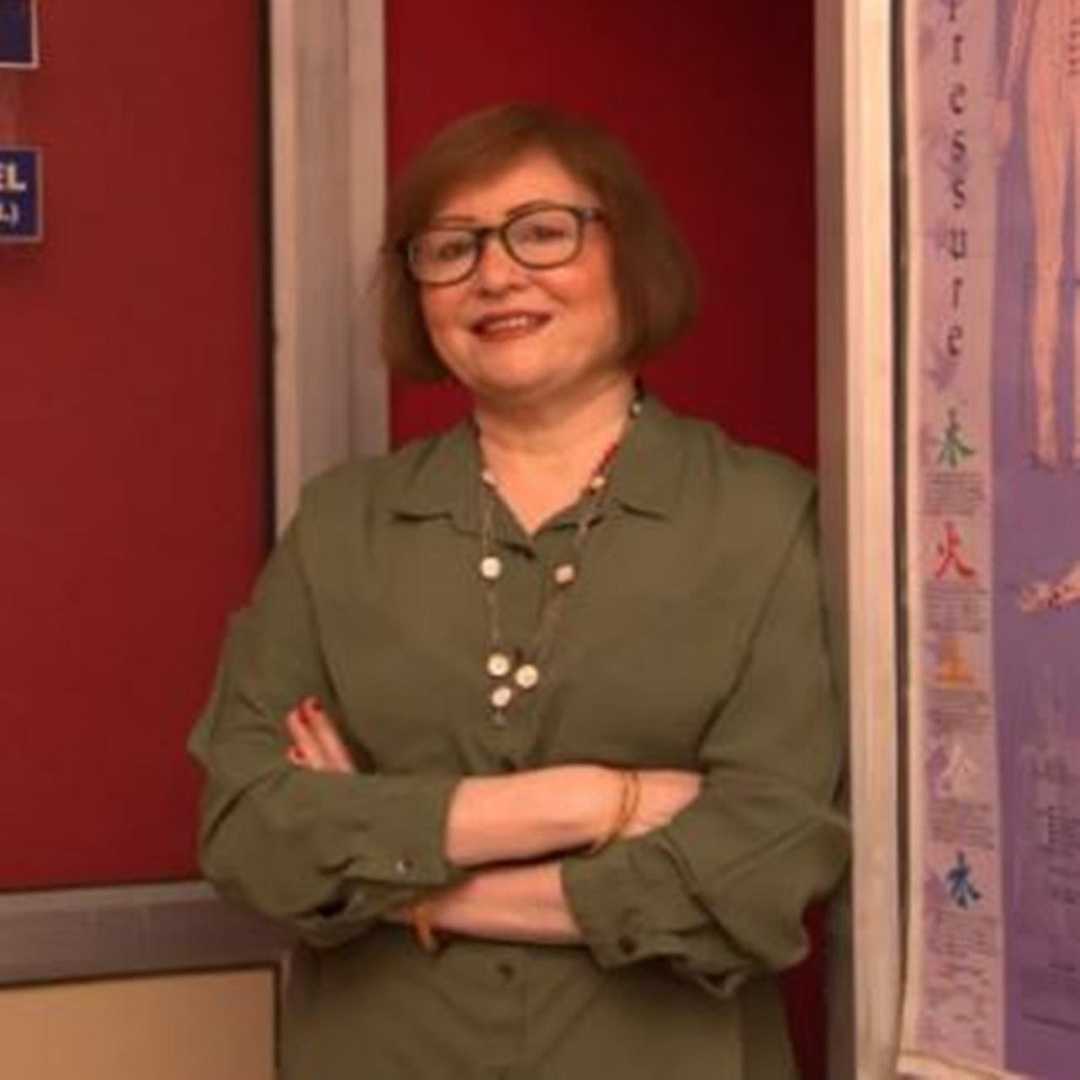
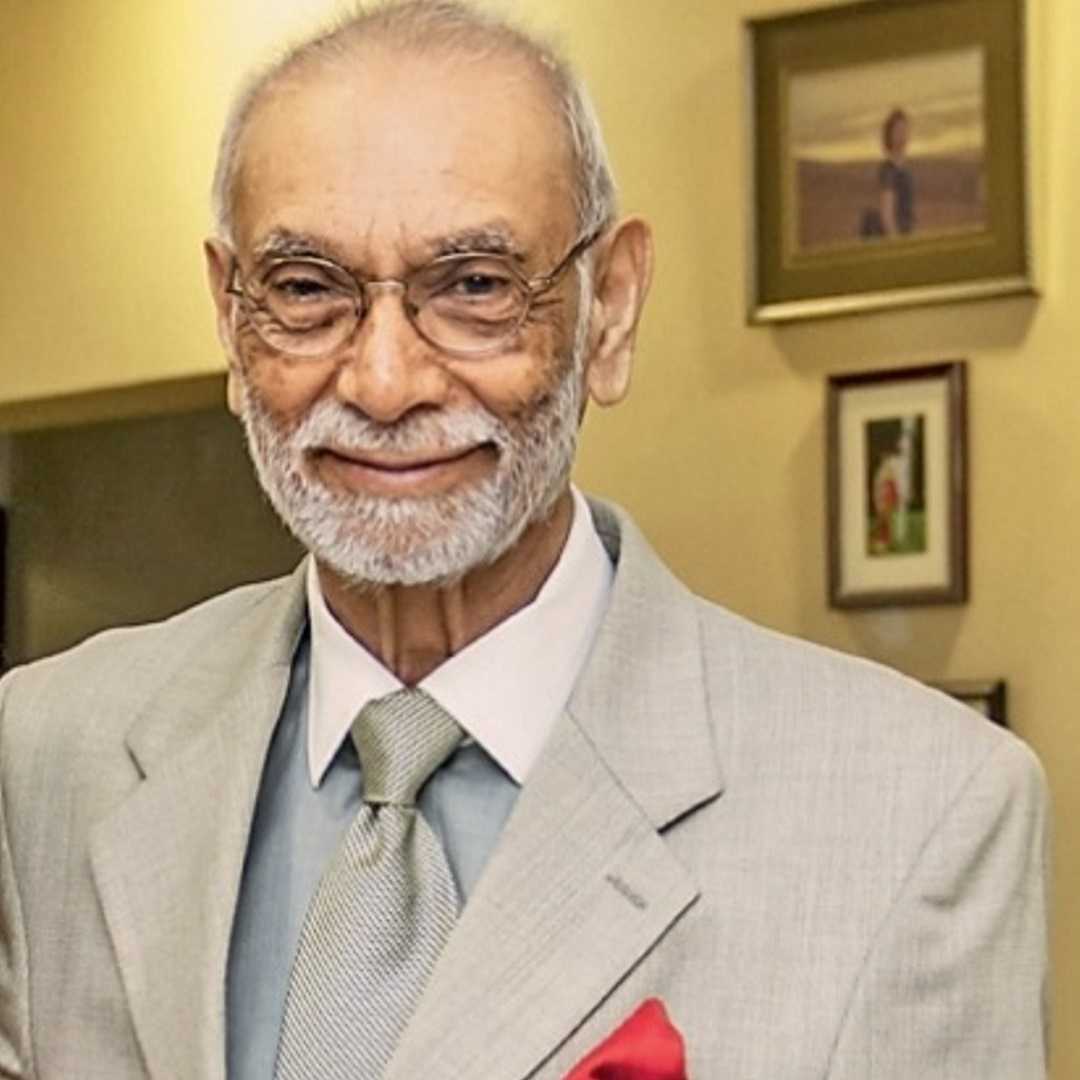
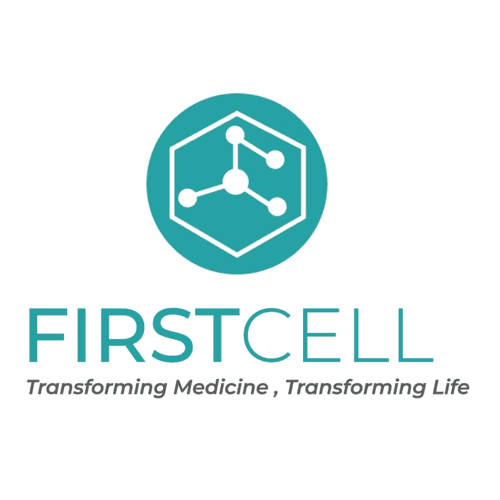
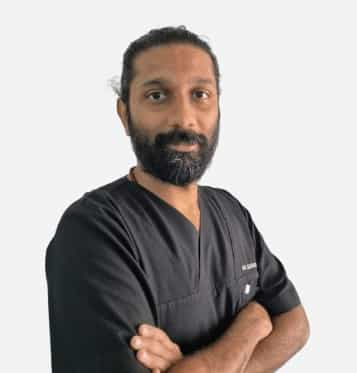
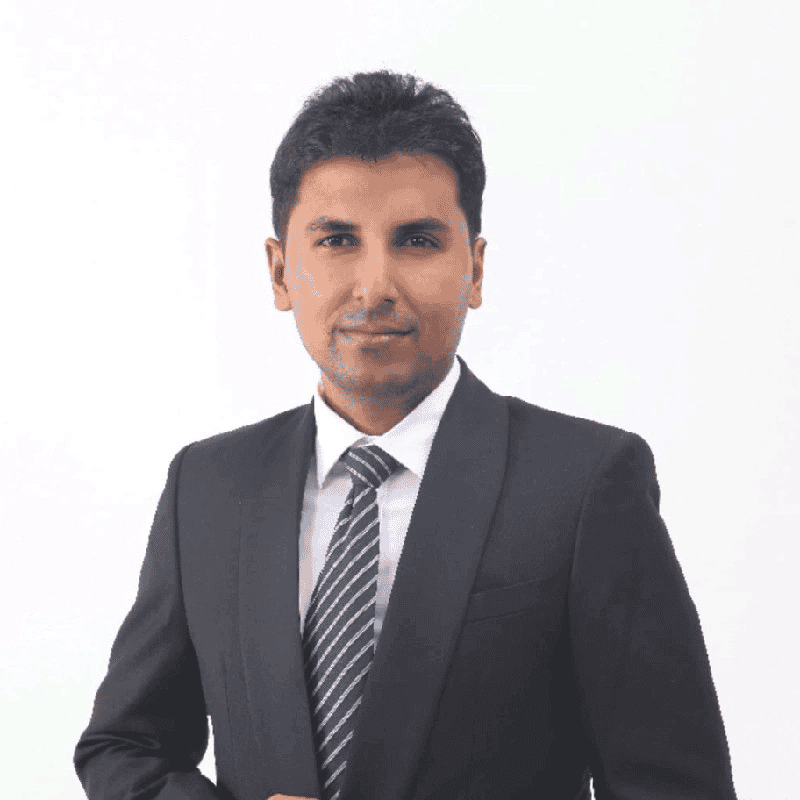
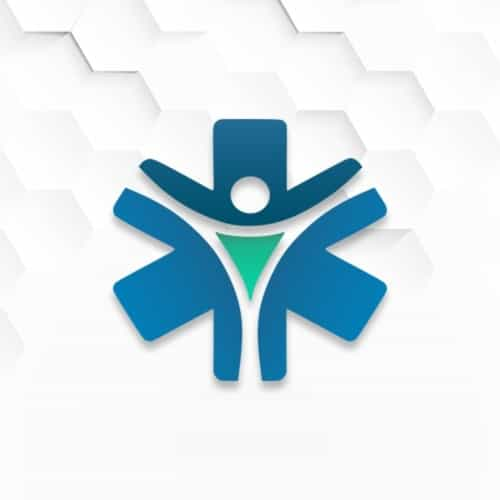
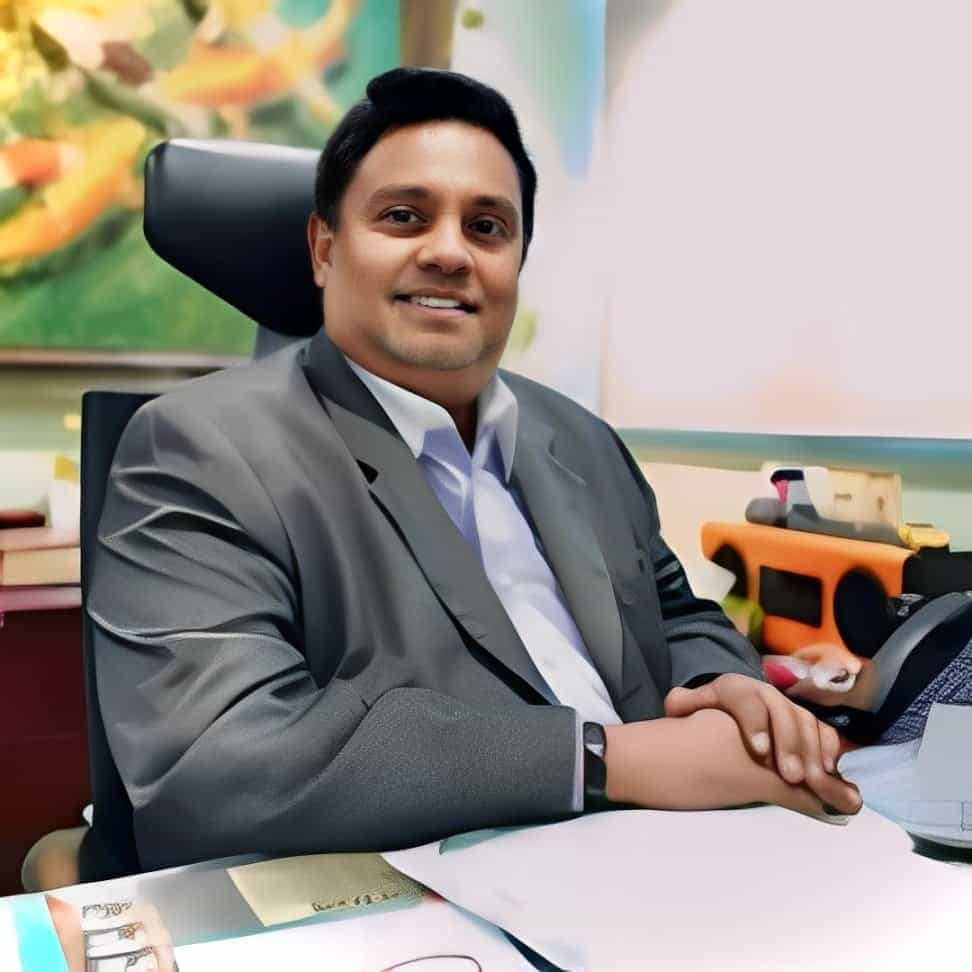
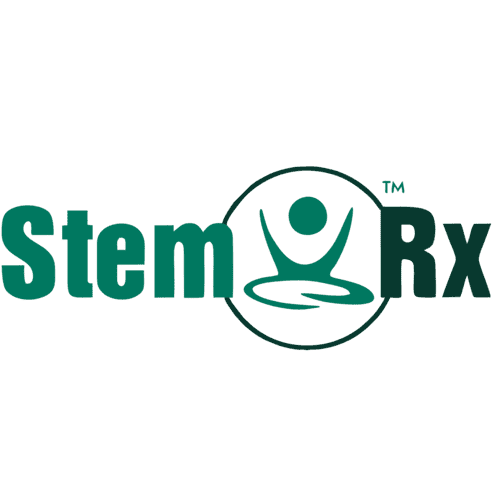
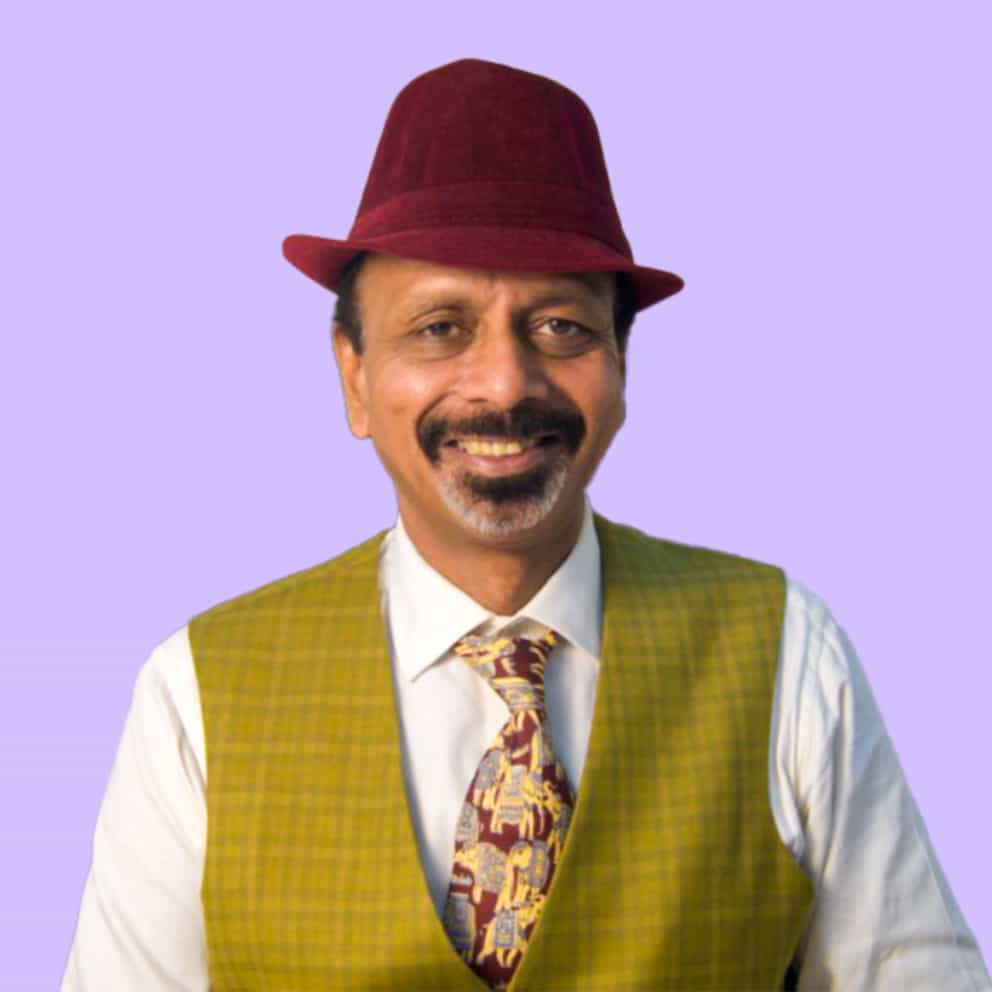
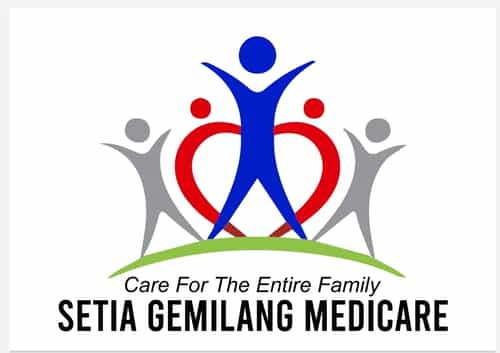
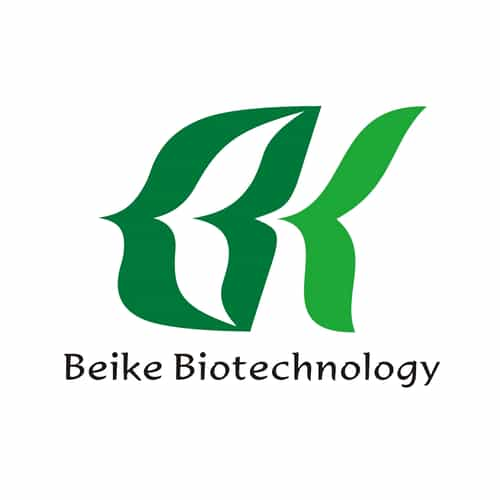
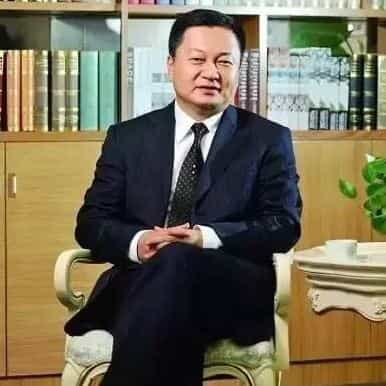
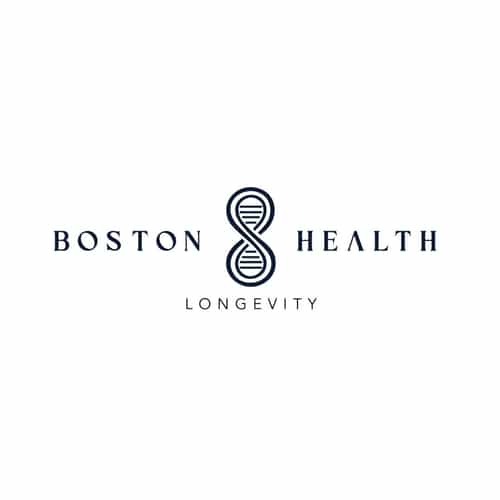
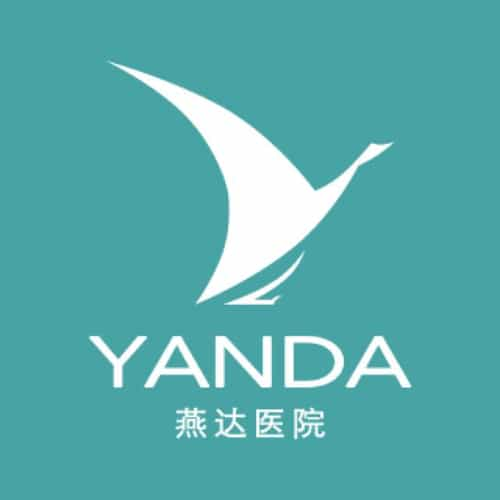
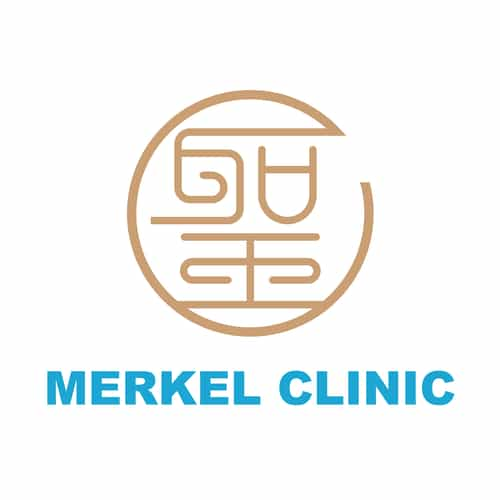
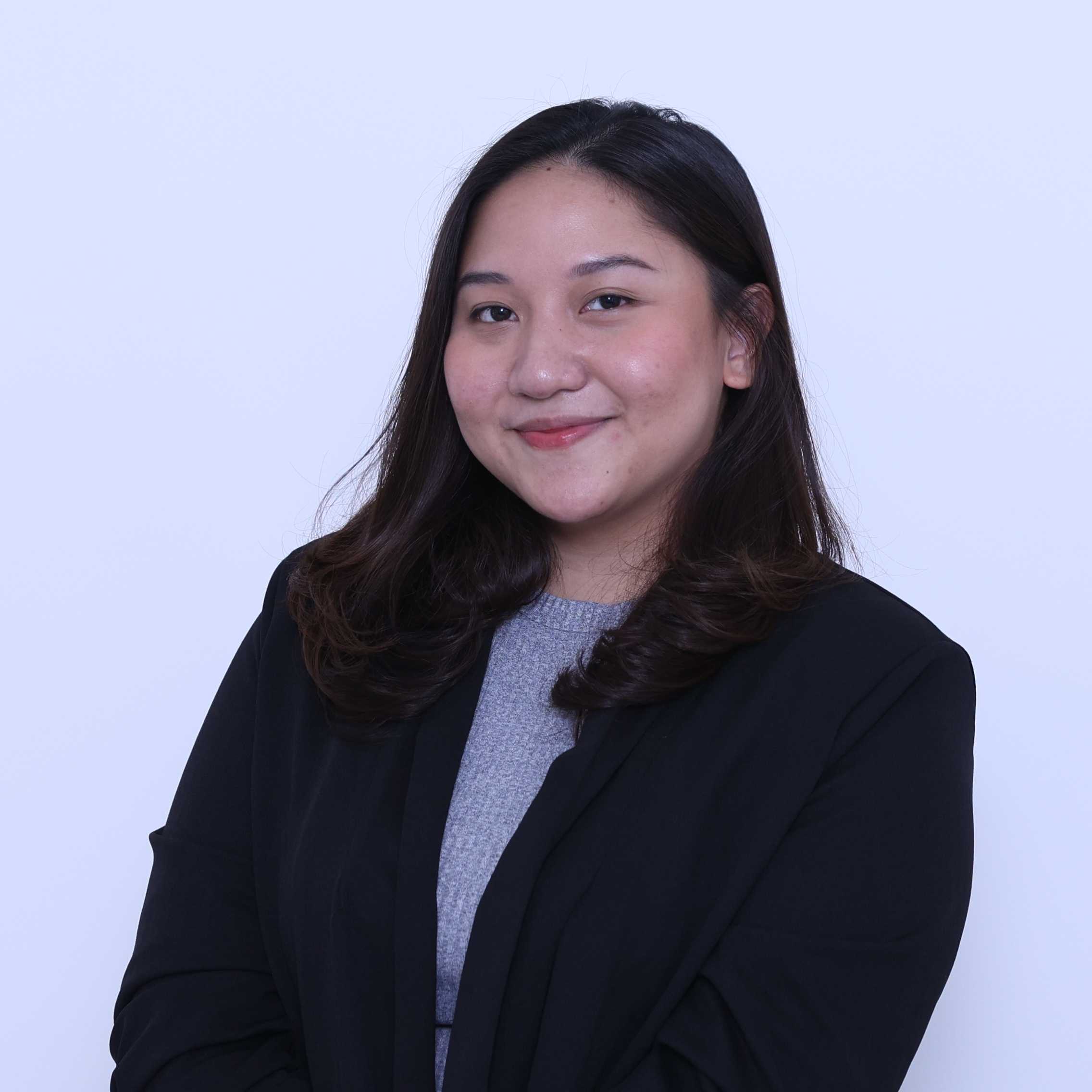
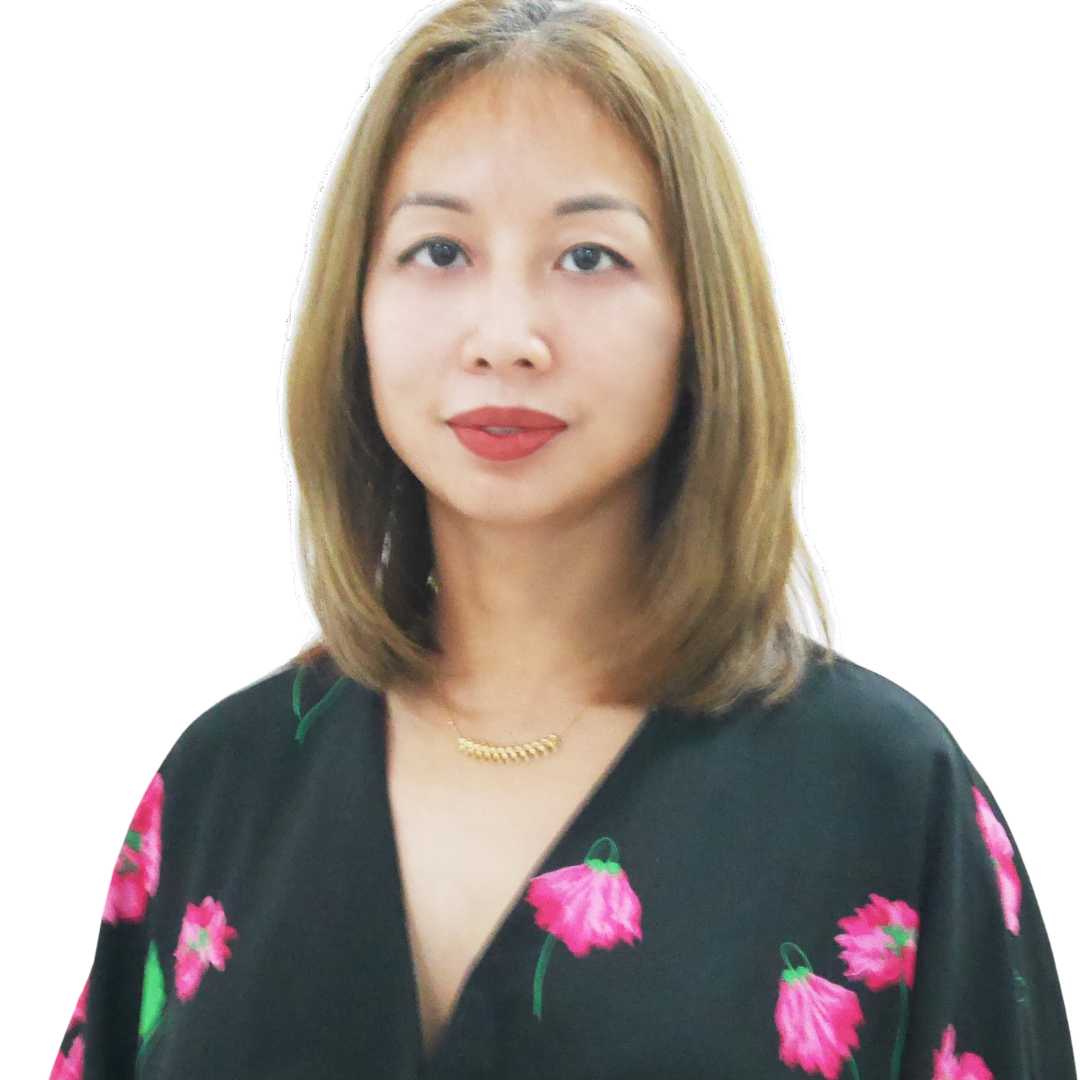
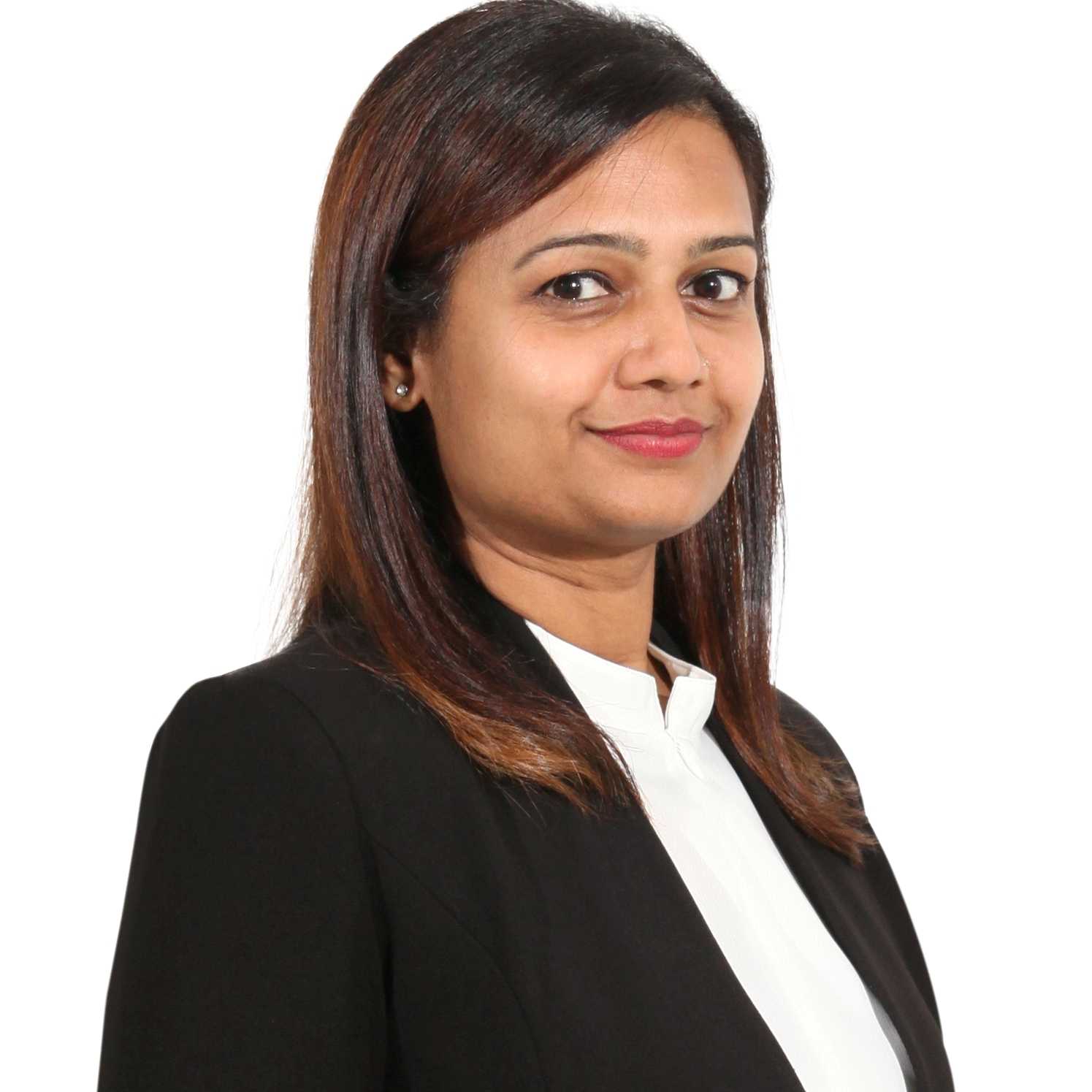
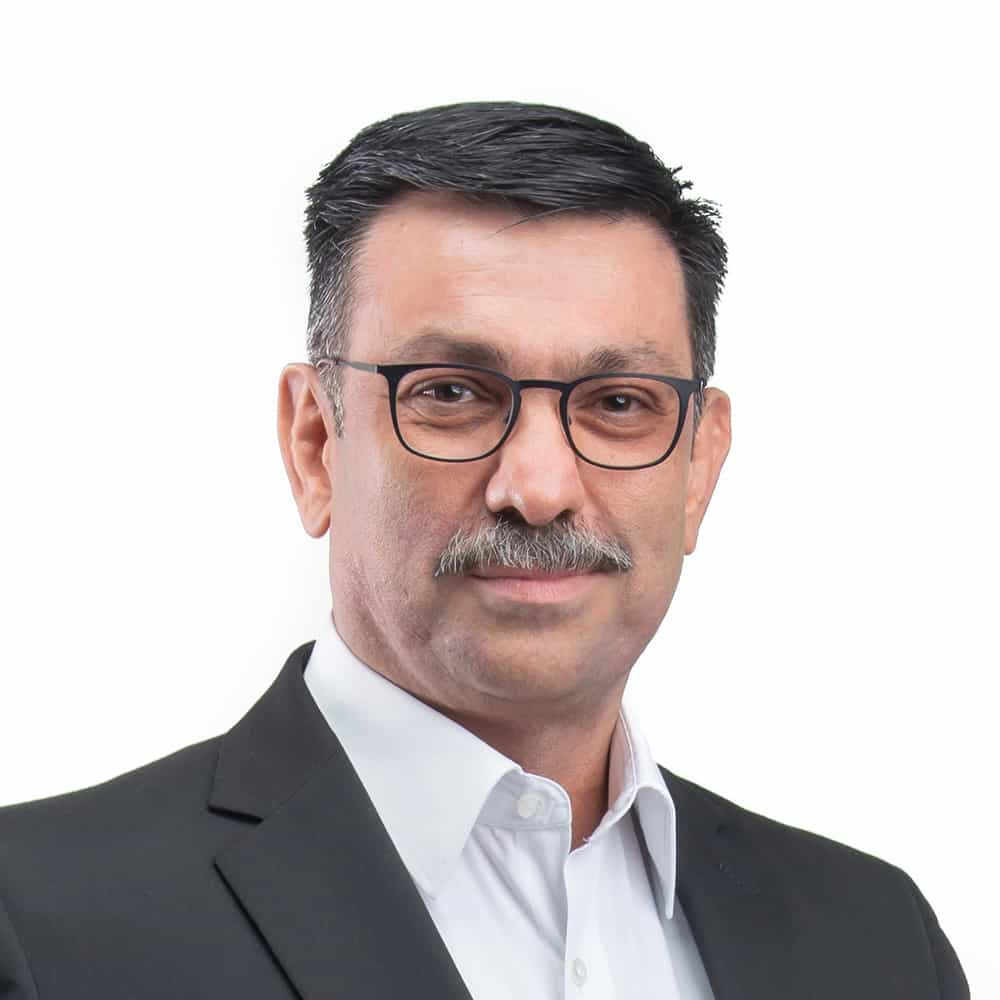
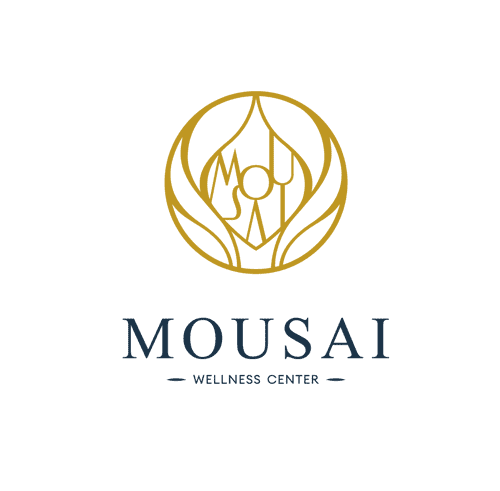
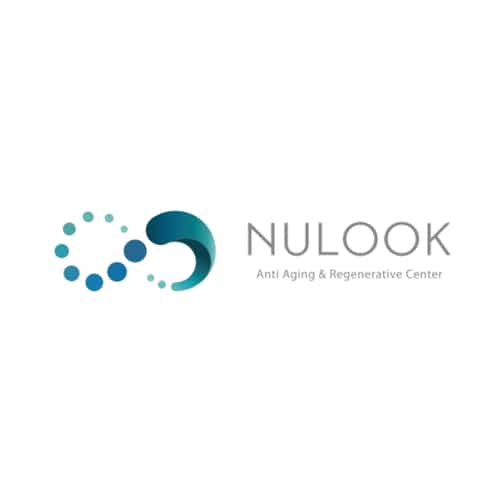
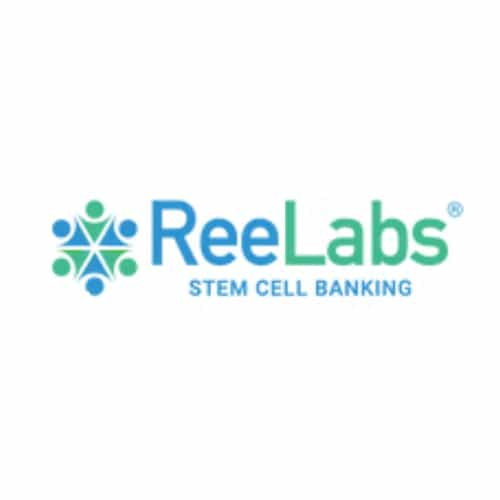
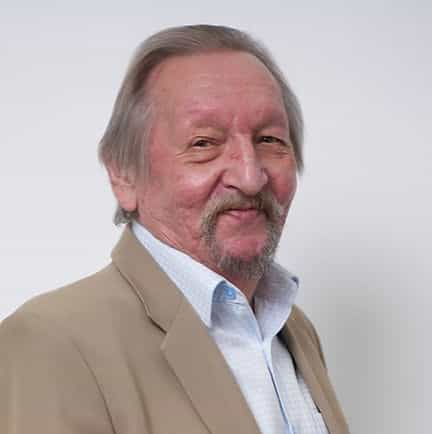
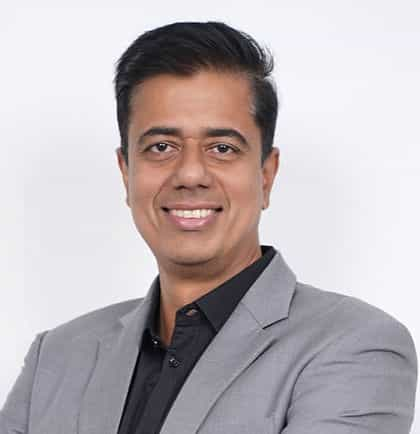
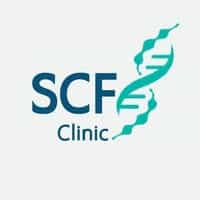
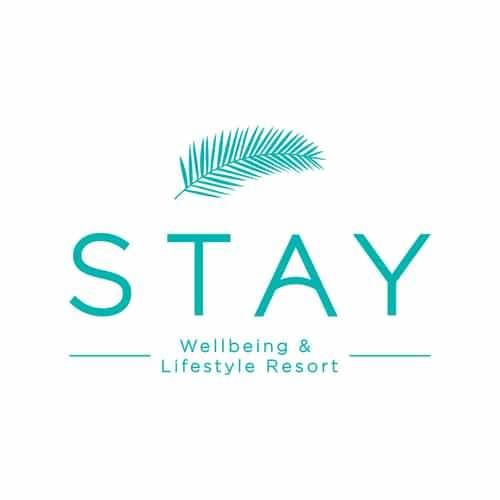
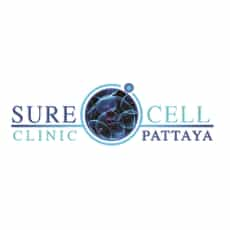
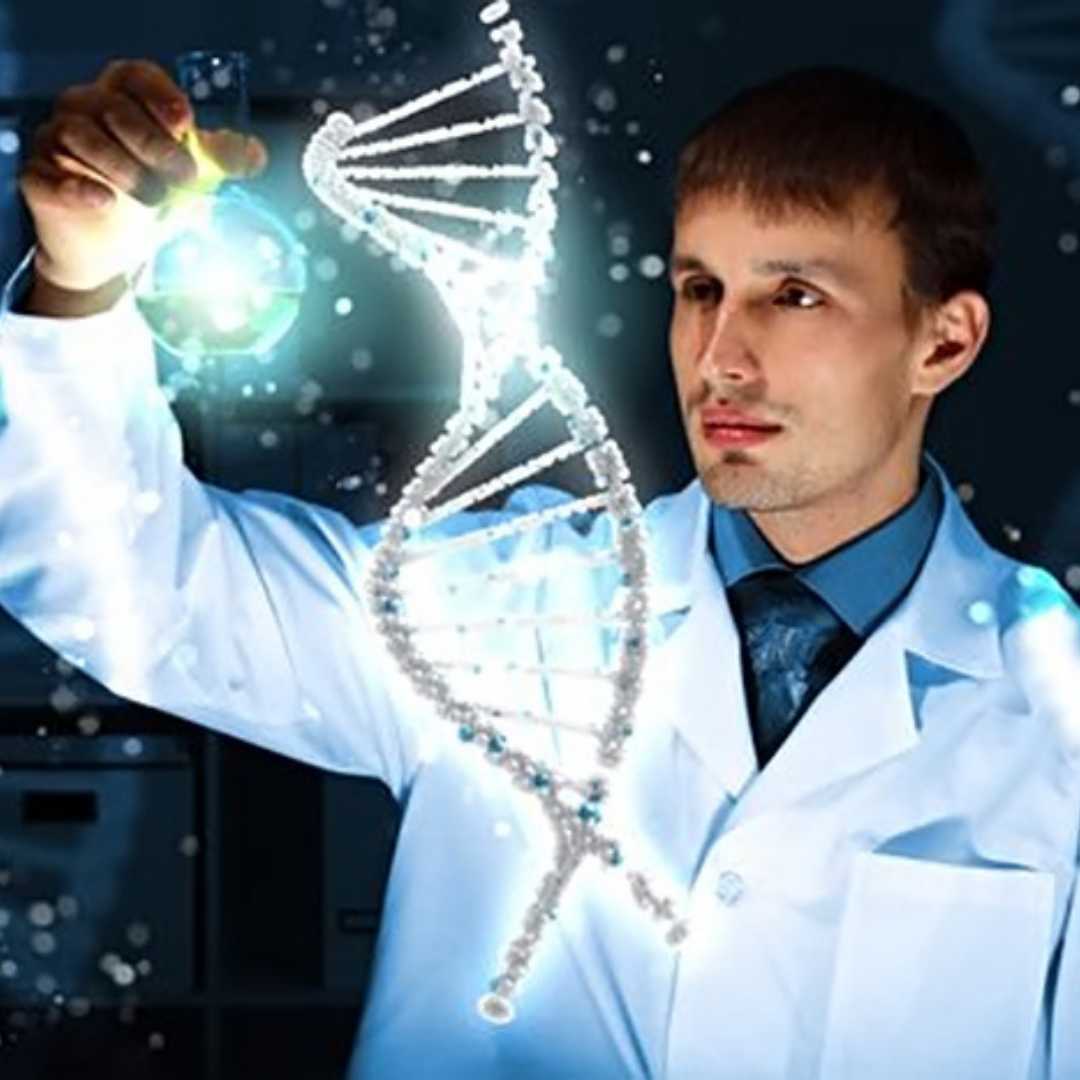

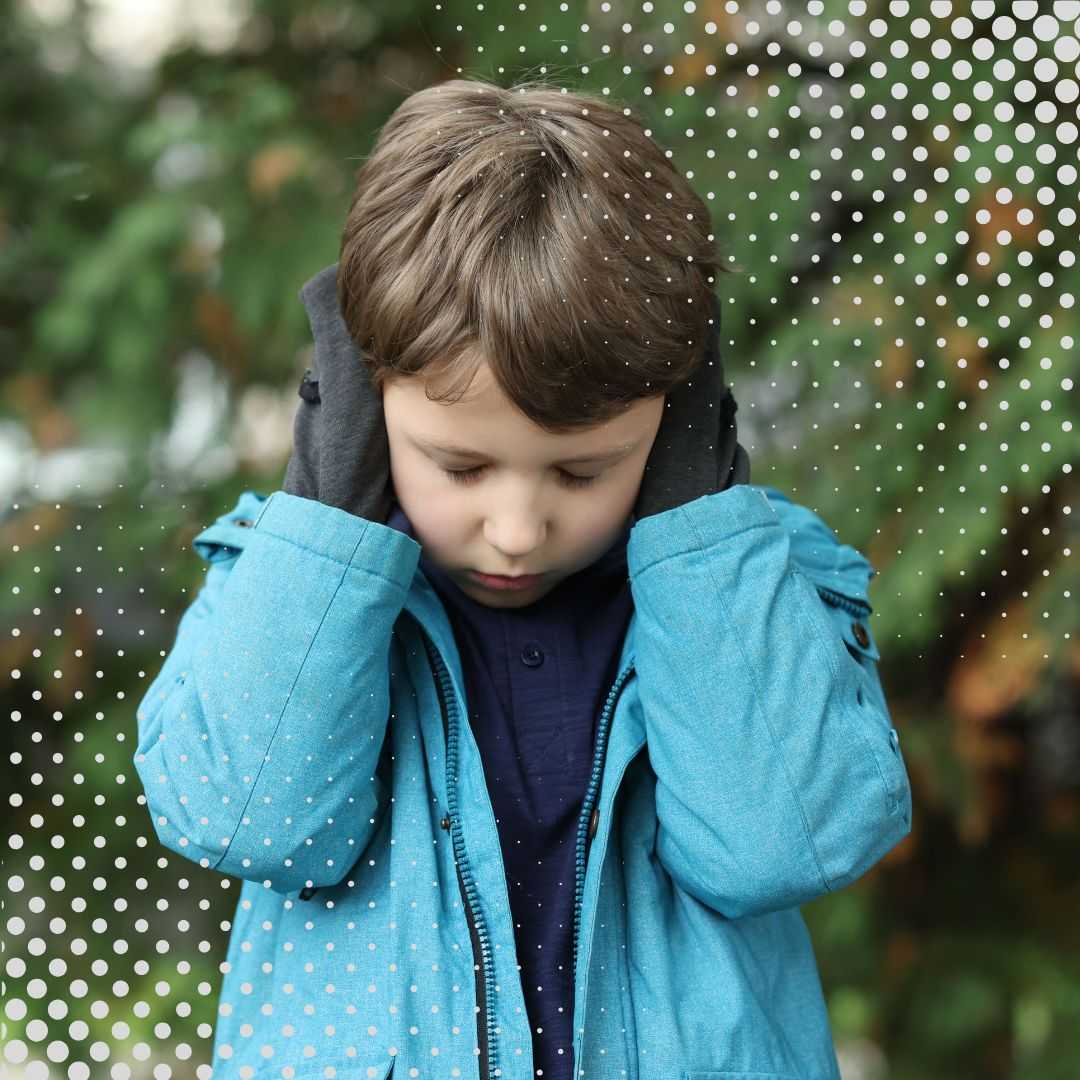
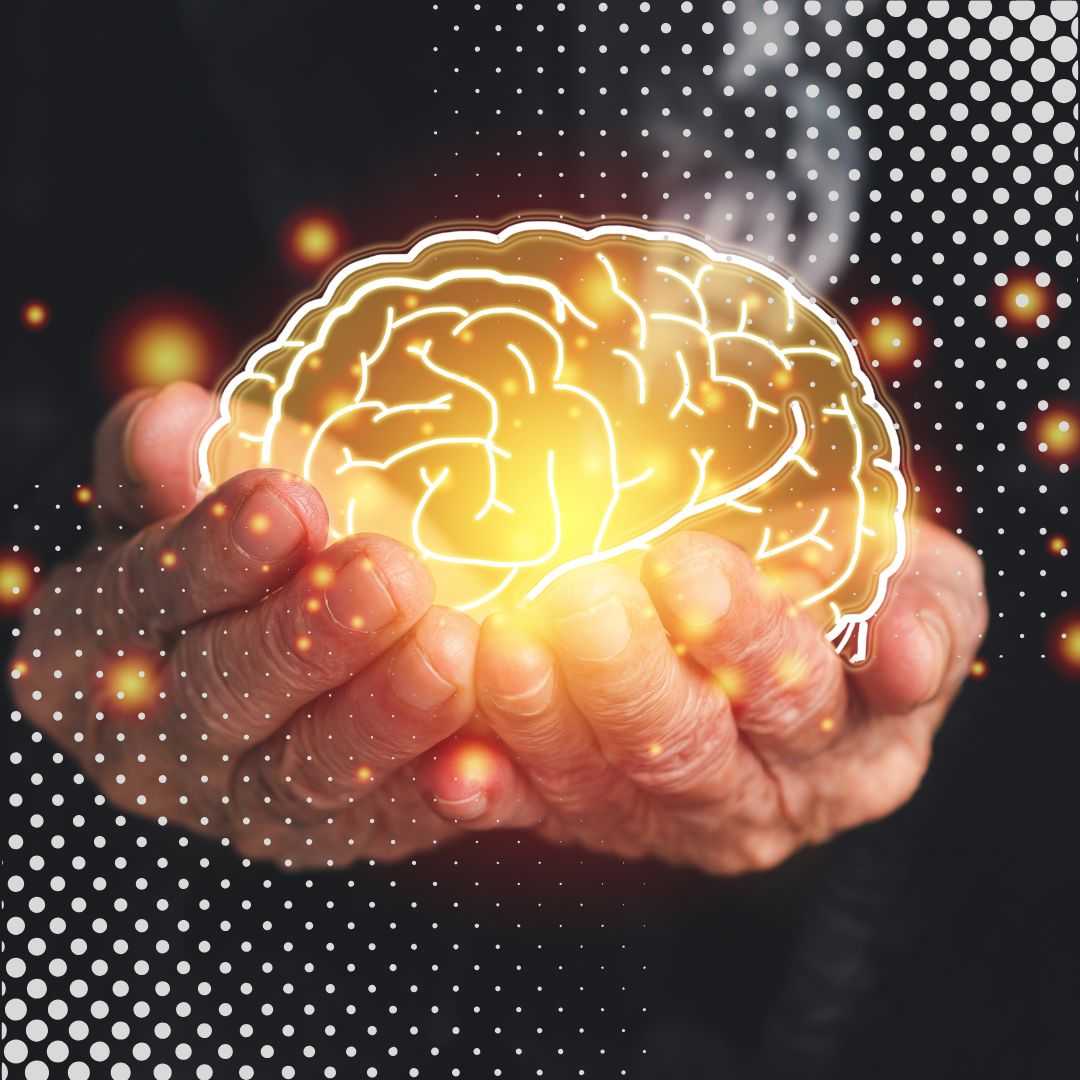
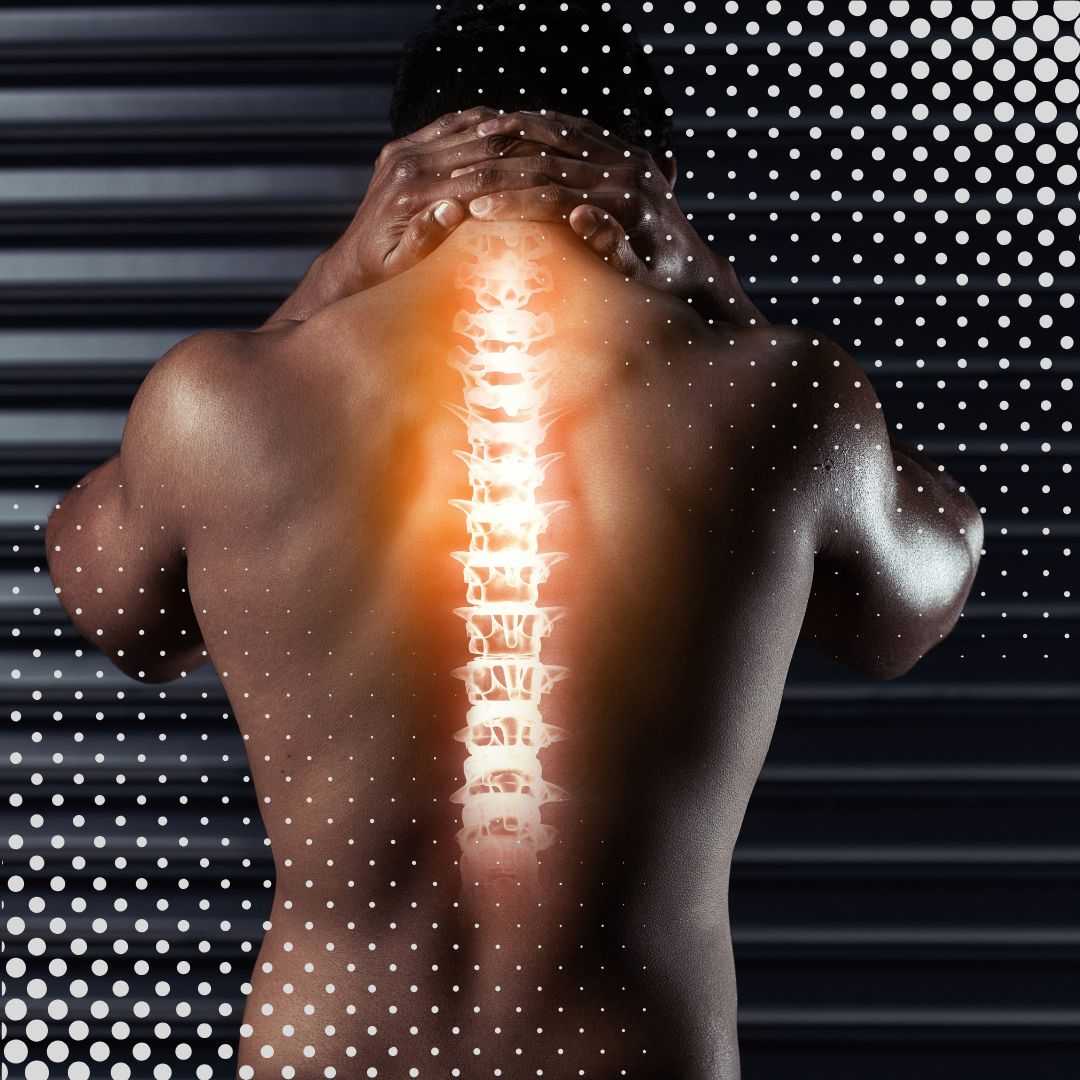

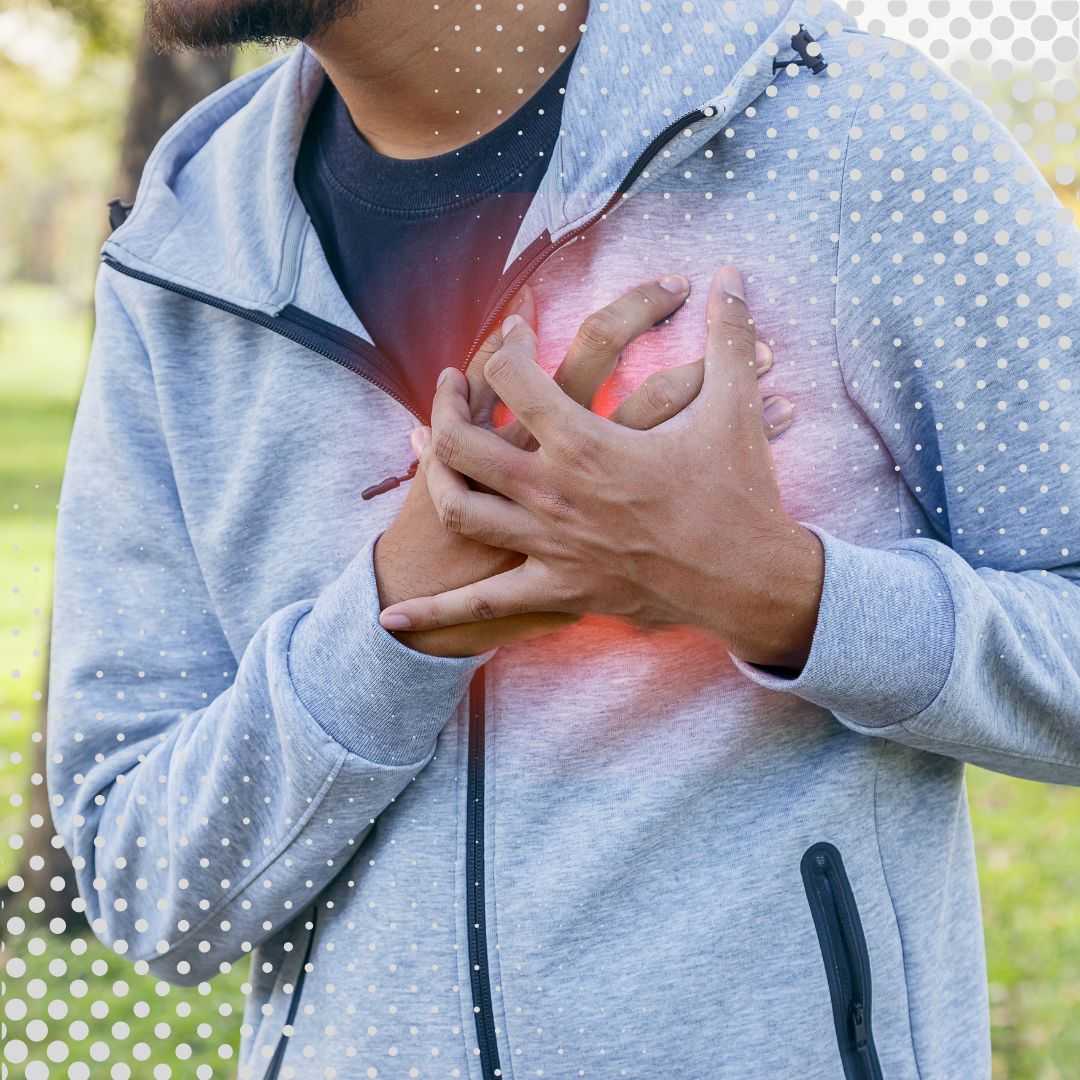
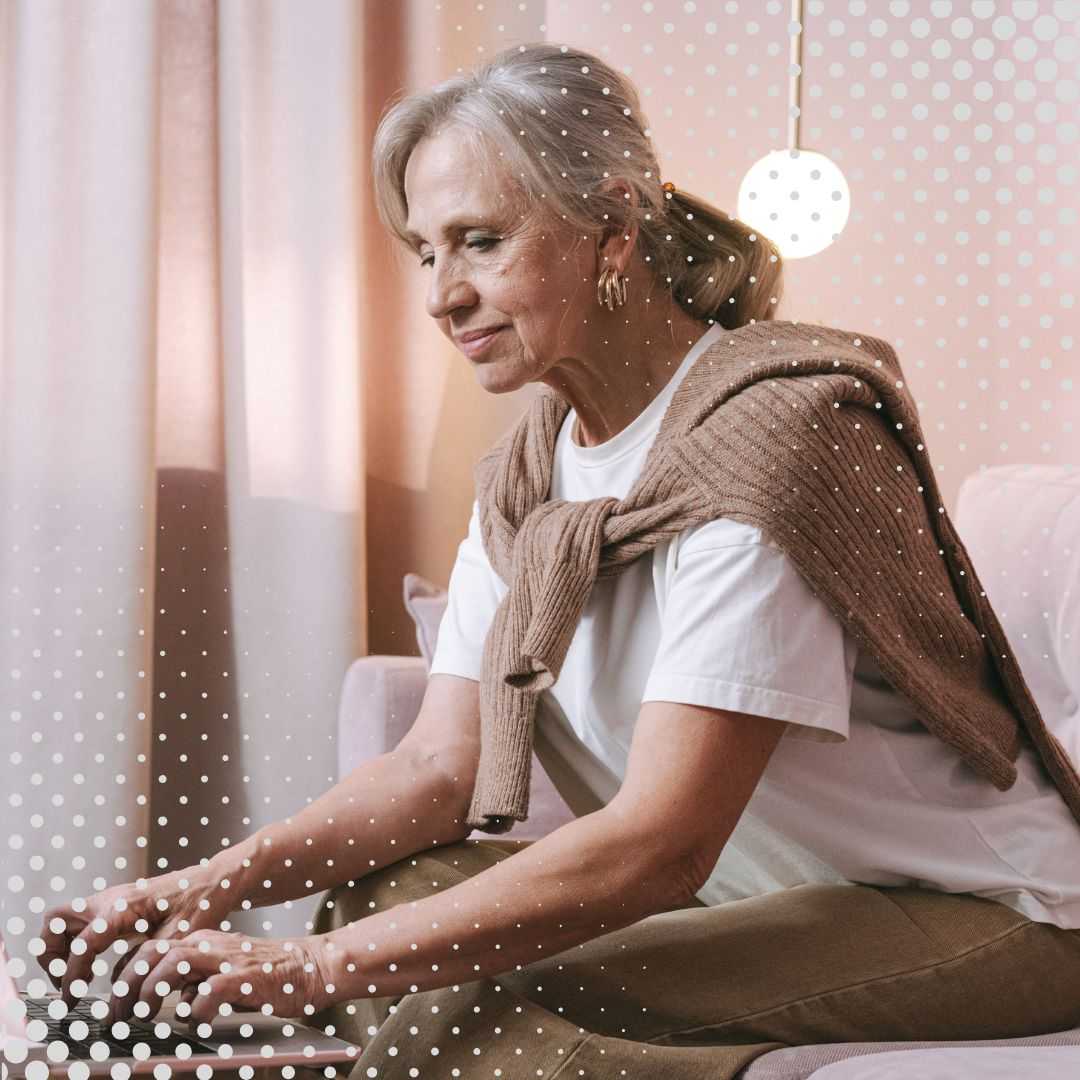

Hospital attended by rich people in Cheongdam-dong, Gangnam
Read More